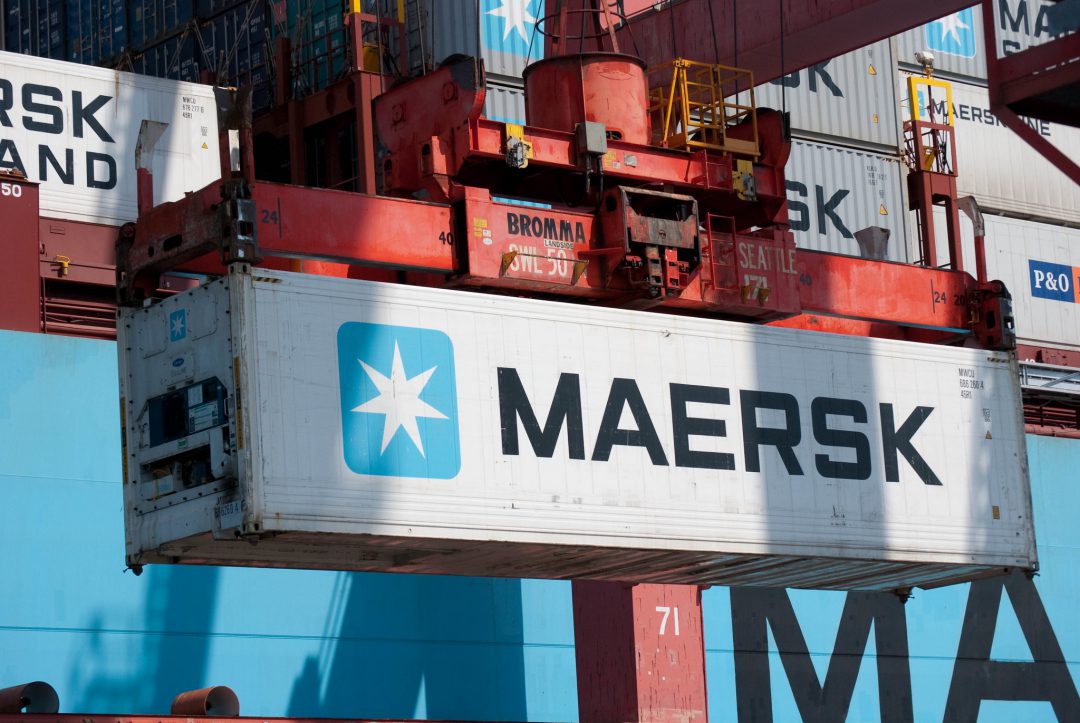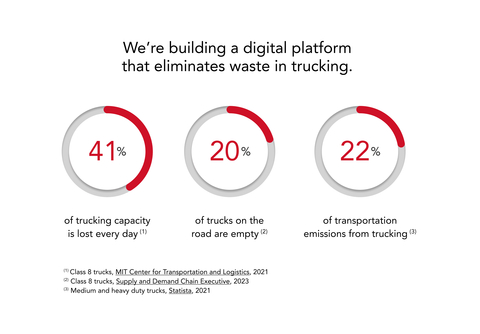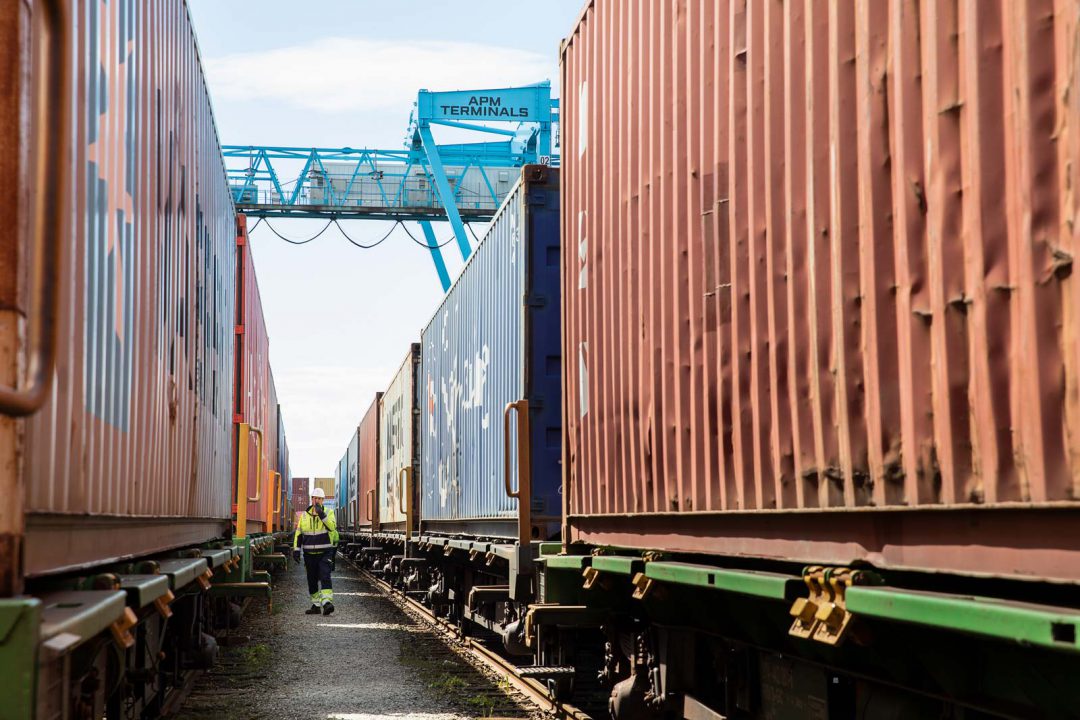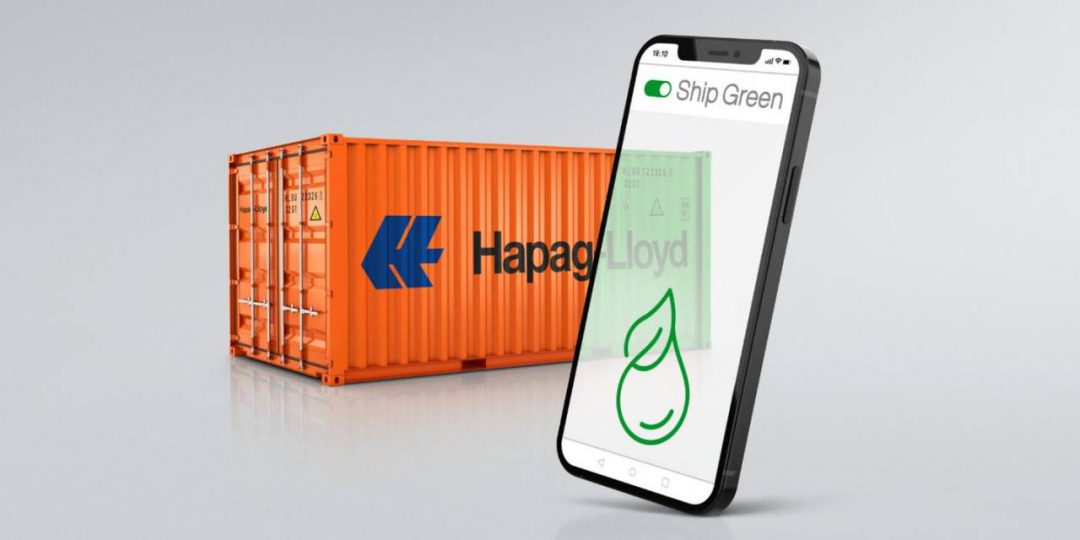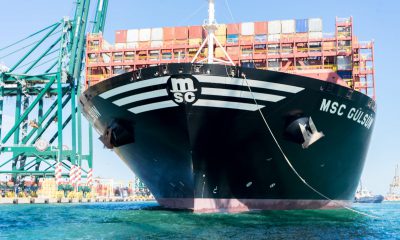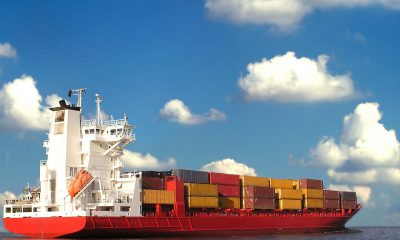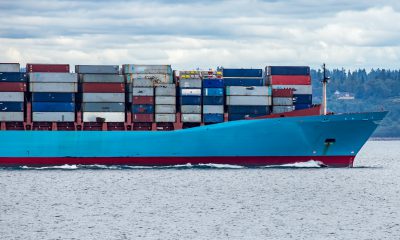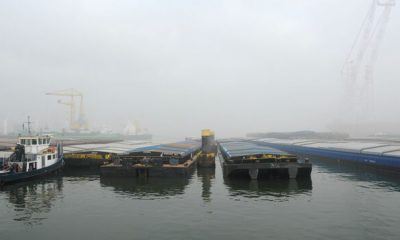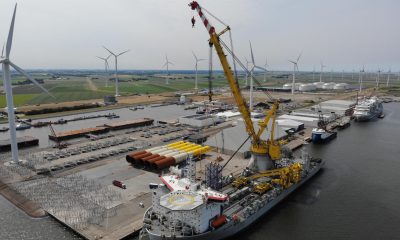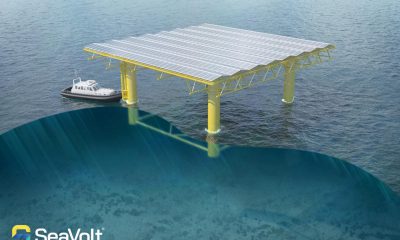Maersk continues to integrate global end-to-end cold chains with the announcement of a new innovative cold storage facility planned for Flatholmen quay in Aalesund, Norway. The new facility is specifically designed to accommodate the needs of the vast Norwegian seafood industry. It will be among the largest cold storages of its kind in the country and is expected to become fully operational by Q1 2024.
The construction of the new facility in Aalesund, which also will be the company’s first low GHG emissions cold storage in Norway, will be according to BREEAM Excellent standards with zero direct emissions from operations in full accordance with Maersk´s overall goal to decarbonise its entire operations by 2040.
When operational, the facility is expected to help significantly reduce customers´ climate footprint in their entire supply chain.
We are pleased to announce our first green cold storage facility in Norway. Many of our customers, especially in the seafood industry, are looking for long-term partners that have such capabilities to reduce their entire climate footprint. The cold store in Aalesund is another step forward in our commitment to set a course for zero carbon logistics while at the same time enabling true integrated logistics for our customers, Birna Odefors, Area Managing Director, Nordics, A.P. Moller – Maersk
Maersk’s emissions targets entail that at least 90 pct. of its global cold chain and contract logistics operations will be certified as green by 2030 (scope 1 and 2).
Upon completion, the new and innovative facility will have around 12,000 sqm of fully convertible temperature-controlled space. In total, the facility will provide storage for over 33,000 pallets of cold store products while offering true integrated cold chain logistics offerings as storage, distribution, and inland transportation services for its customers.
“With this initiative, we are taking another step forward in enabling true end-to-end cold chain offerings in Norway. The new facility in Aalesund will allow all cargo to be directly stored and consolidated at our cold store at the terminal instead of being consolidated from smaller cold stores in the region. With its quay side location, it will also provide easy infrastructure access from palletised cargo from the North and limit today’s traffic between cold stores and terminal. All this will improve our customers cashflow and lead to lower operational costs for everyone involved,” says Birna Odefors, Area Managing Director, Nordics, A.P. Moller – Maersk.
Though decades, Maersk has been active in the region of Aalesund, the largest receiver of wild catch in Norway and also the most important hub for fish from North of Norway.
The new facility will serve as a seamless supply chain link for customers when transporting frozen and refrigerated products such linking Aalesund´s strategic location with easy access to national road networks and proximity with shipping ports reaching major container hubs in Europe with relative ease, and from there to the rest of the world.
The agreement with Maersk to build a state-of-the-art and low GHG emissions cold storage facility is another milestone for the development of Port of Aalesund and is an important step in the long-term partnership.
We are excited and proud to be able to facilitate a major development for the Aalesund region. The long-term relation for Maersk in Aalesund is consolidated through this agreement and we are confident that it will bring even more business to our area, Ole Christian Fiskaa, Port director, Port of Aalesund
Norway is the world’s leading producer of Atlantic salmon and one of the largest seafood exporters in the world. The Norwegian aquaculture industry has developed to become an industry of major importance in the country. The value of the Norway fish exports today accounts USD 11,9B and is targeted to five-fold by 2050 (2010 baseline).
